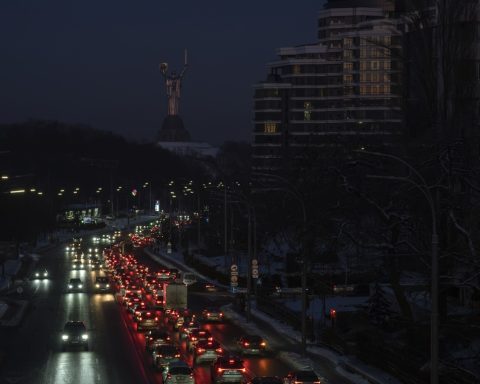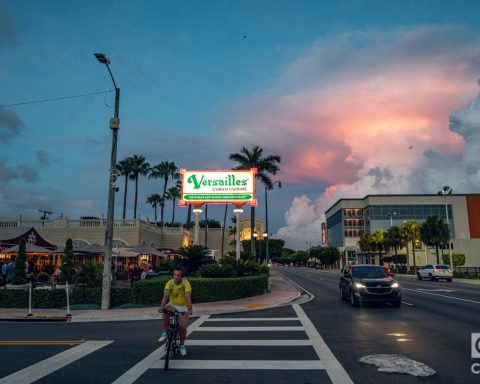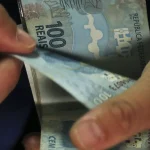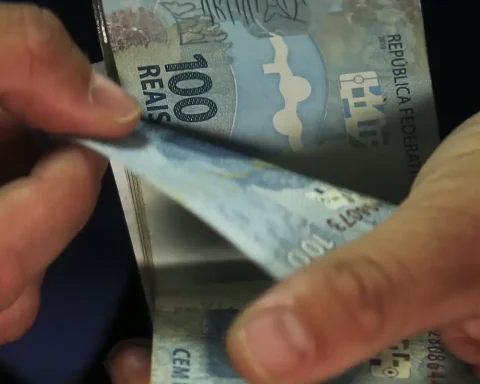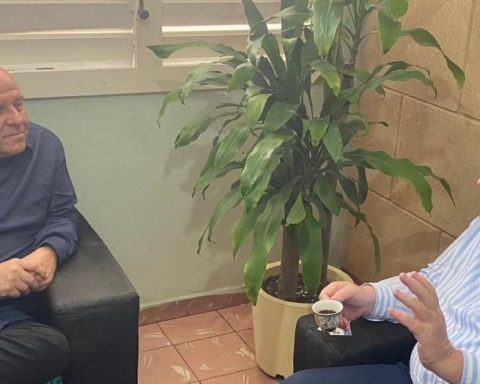The Catholic Bishops of Cuba expressed this Monday their discrepancies with the new Family Codeand appealed to “the conscience and responsibility of all Cubans” in the referendum on the regulations, which will be held on September 25.
in a message published today With regard to the upcoming vote on the Code, addressed to the faithful of the Catholic Church and all those interested in knowing their criteria on the subject, the Cuban Bishops highlight positive aspects of the law, such as the rejection of violence in the family, and the protection of the elderly, children, the disabled and the vulnerable, but at the same time they express their rejection of a group of issues contained in the legislation, approved in july by the National Assembly.
In particular, they are opposed to the introduction in the Code of “the contents of the so-called ‘gender ideology'”, which, in their opinion, “supports many of the proposals”, as well as the principle of “progressive autonomy” to the that they do not consider “the most beneficial for children and adolescents”.
Similarly, they confirm their opposition to minors “can be legally adopted by same-sex couples”, as well as to “multiparenting, the application of assisted human reproduction techniques to same-sex couples or even infertility”. in vitro postmortem”, since, they assure, “it is a child’s right to have a father and a mother”.
They affirm that “it is not ethical that the so-called ‘solidarity gestation’ be recognized as appropriate, in which a woman who carries a child in her womb for nine months must hand it over immediately after childbirth to other people” and point out that “marriage between man and woman, which is the natural basis of the family, cannot be displaced or deformed to make way for other legally constructed ways”.
The Bishops say they see “with disappointment” that “these and other proposals that were notoriously questioned by society, remain intact in the Code that is now presented for referendum” and question the official campaign in favor of the text, for which, they point out, “all the means of communication to which we Cubans have access have been used.”
“For the vote to be such, it is necessary to have a plurality of information that allows the citizen to make his own decision,” say the high representatives of the Cuban Catholic Church, for whom “information, flowing in one direction, without other counterweights, it operates as a conditioning factor, and the vote derived from it will express, necessarily and inevitably, a conditioned will”.
In their message, they appeal to “the conscience and responsibility of all Cubans, believers or not,” and call on their countrymen to “take into account when voting what their conscience, their faith, their convictions dictate.” and principles, thinking not only of current generations, but also of future ones, and of the spiritual and material well-being of all Cubans.”
In addition, they recall that in the event that the “No” option wins, promoted by the opponents of the norm, “that would not mean the impossibility of continuing to work on a new Code”, which, in their opinion, could maintain “all aspects positive that this law contains”, but at the same time “adapt” the institutions that it qualifies as “controversial to the feeling of the majority of the people and to moral principles“.
The Family Code is the only rule that will be submitted to a referendum among the 70 updated after the entry into force in 2019 of the new Constitution. For the vote, which will take place on Sunday, September 25, more than 21,000 polling stations will be set up on the island.
The result of the vote will be released five days later, it will be binding and will require a simple majority: more than 50%, either for or against.
The rule has been a source of controversy between its supporters —including progressive sectors, academics and the LGTBIQ+ community— and detractors —including churches and religious and conservative groups—, both the government and President Miguel Díaz-Canel himself. they support the norm and promote the positive vote in the referendum.
The Code, whose version 25 is the one that will be put to a referendum, went through a wide consultation between February and April of this year in which 6.4 million people participated, according to official figures, and, if approved, will replace the legislation in force since 1975.

